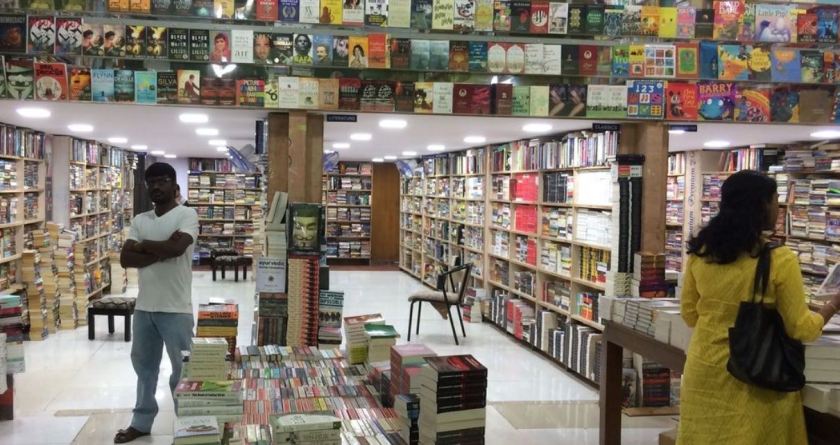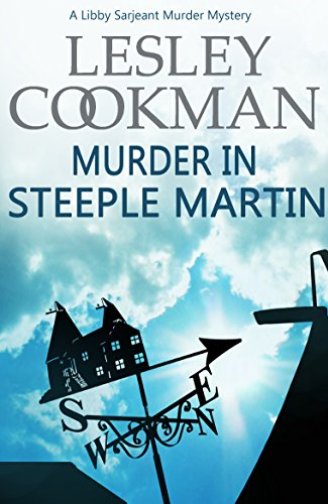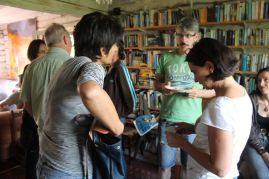 Your first book is published. Fame at last! Followed swiftly by fortune, one hopes. But will your publisher help you along the way to fame? Unlikely, unless you’re already famous. This article outlines the truth of book marketing for unknown authors, but be prepared for unvarnished truth you might find deeply depressing.
Your first book is published. Fame at last! Followed swiftly by fortune, one hopes. But will your publisher help you along the way to fame? Unlikely, unless you’re already famous. This article outlines the truth of book marketing for unknown authors, but be prepared for unvarnished truth you might find deeply depressing.
All that effort to get the book written, perfected, and published… and the copies sit on the warehouse shelves waiting for the news to get out. Book signings, lit festivals, blog tours, press releases, book trailers, social media campaigns, celeb endorsements, reviews… the publisher’s job, yes?
No. For an unknown first-timer, no. Publishers’ marketing budgets go on big name authors, not newbies. A hard fact of the writing life.
But…
It turns out that all these promotional schemes and scams might boost your ego, but they don’t do much for book sales. Really, not much at all. And avoid book signings unless you have a guaranteed ready-made audience waiting to queue for your signature. Every author has horror stories about the echoing loneliness of book signings.
Bottom line: write the book, outline the sequels, find the agent, get the publishing deal. Swig back the bubbly, then prepare for the slog of flogging your book without much help from your publisher or the uninterested media and book-buying public. You need to be thick-skinned, innovative and ruthless to get your name known and your book talked about. It can be done. You can do it.





 Enter a contest with a reasonable deadline. Give yourself three months to get the synopsis and first three chapters written. And a cracking title for the book (or short story). Three months sounds a long time, but believe me – it comes round scarily fast. Make sure you meet that deadline and get your entry IN.
Enter a contest with a reasonable deadline. Give yourself three months to get the synopsis and first three chapters written. And a cracking title for the book (or short story). Three months sounds a long time, but believe me – it comes round scarily fast. Make sure you meet that deadline and get your entry IN.










